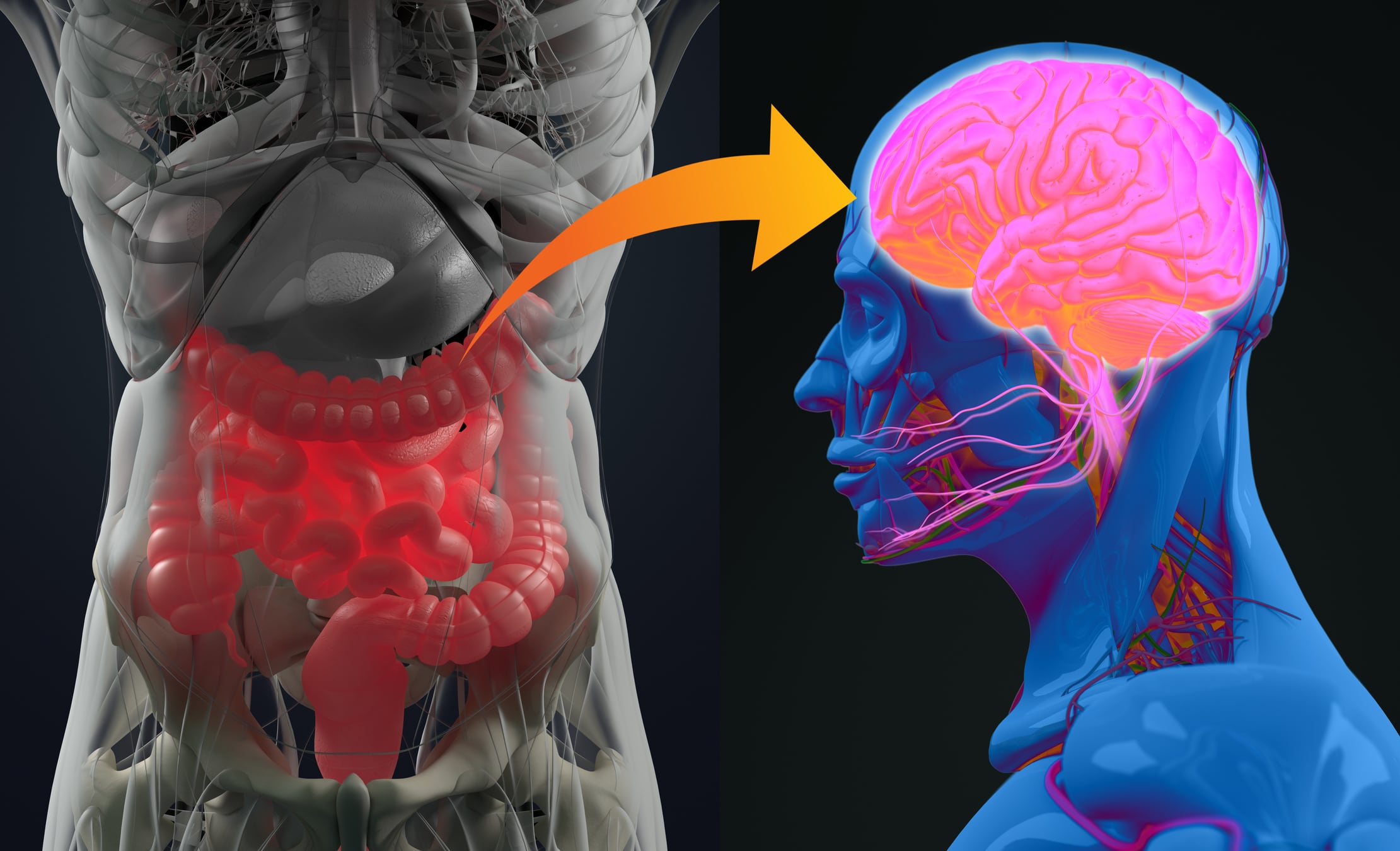As a scientist with a passion for expanding evidence of the gut-brain axis, Toribio-Mateas has been involved in several exciting studies which help to prove the link between the microbiome and a variety of cognitive health parameters.

Some of his most memorable work—most of which has been focused on pilot and feasibility studies—has involved the impact of vegan processed meat alternatives on gut health parameters and kefir interventions in children with ADHD.
In the vegan meal intervention, published in the journal MDPI Foods, noteworthy changes included an increase in butyrate metabolising potential—chiefly in the 4-aminobutyrate/succinate and glutarate pathways—and in the joint abundance of butyrate-producing taxa in the intervention group compared to control.
His team also observed a decrease in the Tenericutes phylum in the intervention group and an increase in the control group. They concluded that the occasional replacement of animal meat with PBMA products seen in flexitarian dietary patterns can promote positive changes in the gut microbiome of consumers.
The ADHD study, published in BMC Pilot and Feasibility Studies, focused on children between the ages of 8 and 13 years who took part in a six-week microbiome-targeted dietary intervention involving the reduction of junk foods and the inclusion of kefir.
Children were assessed pre- and post-intervention on measures of ADHD symptomatology, cognition, sleep, gut function and stool-sample microbiome analysis, and results indicated positive impacts from the intervention, providing preliminary evidence for the feasibility of a microbiome-targeted dietary intervention in children with ADHD.
Yet, he remains underwhelmed by the innovation on the market, noting the plethora of manufacturing hurdles that thwart pioneering ideas.
Referring to a previous experience in product development, he noted that shelf life and product stability concerns around probiotics made it impossible for him to create an environmentally friendly product.
"That was shocking to me in 2024, a time when everyone is aware of the impact of single use plastic on the environment," he told Hancocks in this NI podcast.
He added that the inability to say the word 'probiotic' on pack or reference health claims is another huge hurdle, leading manufacturers to rely on 'strategies from 20 years ago', adding vitamins and minerals in order to market their health claims.
"It can be very exciting in terms of the research and the findings for probiotics, but then what you can do with that information is limited," he added.


